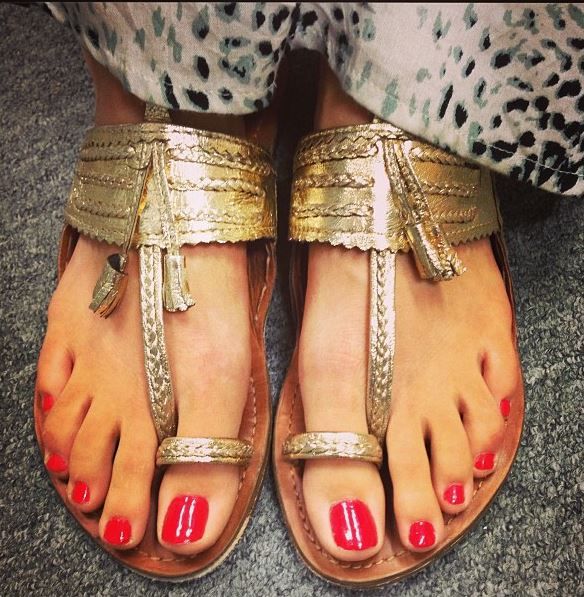A woman’s footwear without a back strap a “sandal” not a “chappal” says the Delhi High Court. The crucial judgment came as a Chennai-based footwear manufacturing company, Wishall International, challenged the court saying that a woman’s footwear without a back strap is a chappal and not a sandal.
A customs duty is a money refunded to manufacturers and business houses who import machinery/raw materials to produce goods for export. Since the manufacturers pay import duty on purchase of raw materials, they can claim a refund on the money paid as import duty later. Now, the conflict Wishall found that the centre’s customs duty drawback of 10% on the export of sandals while export of chappals attracts only 5%.
In 2003 when the company filed a shipping bill to export “ladies leather sandals.” The Customs Department in New Delhi said the export consignment contained chappals not sandals. Wishall demanded a duty drawback at 10%, claiming their products were sandals and not chappals but the Centre and Revenue Department claimed they were chappals and hence the company was entitled to only 5%.
The Customs then served a showcause notice on the company, demanding recovery of the drawback already paid at 10% as well as a penalty. The dispute later escalated to the Delhi High Court where the company said that the product without back-strap was also known as sandals to the users.
A Bench of Justice S. Ravindra Bhat and Justice Najmi Waziri ruled that the Centre and the Revenue Department “acted upon prejudice and a preconceived notion that ladies sandals cannot be without a back strap.”
“The Council, a Central government body, which routinely deals with these issues, had furnished an opinion that the goods were sandals and not chappals. Apart from this, the court wonders whether any of the experts in this case was a woman, the ultimate customers,” the Bench said as per The Hindu reports.
The court relied on a 1989 Supreme Court judgment which held that if any expression in the statute, in this case sandal and chappal, then the items in the Customs entries should be judged on the basis of how these expressions are used in popular parlance.

















